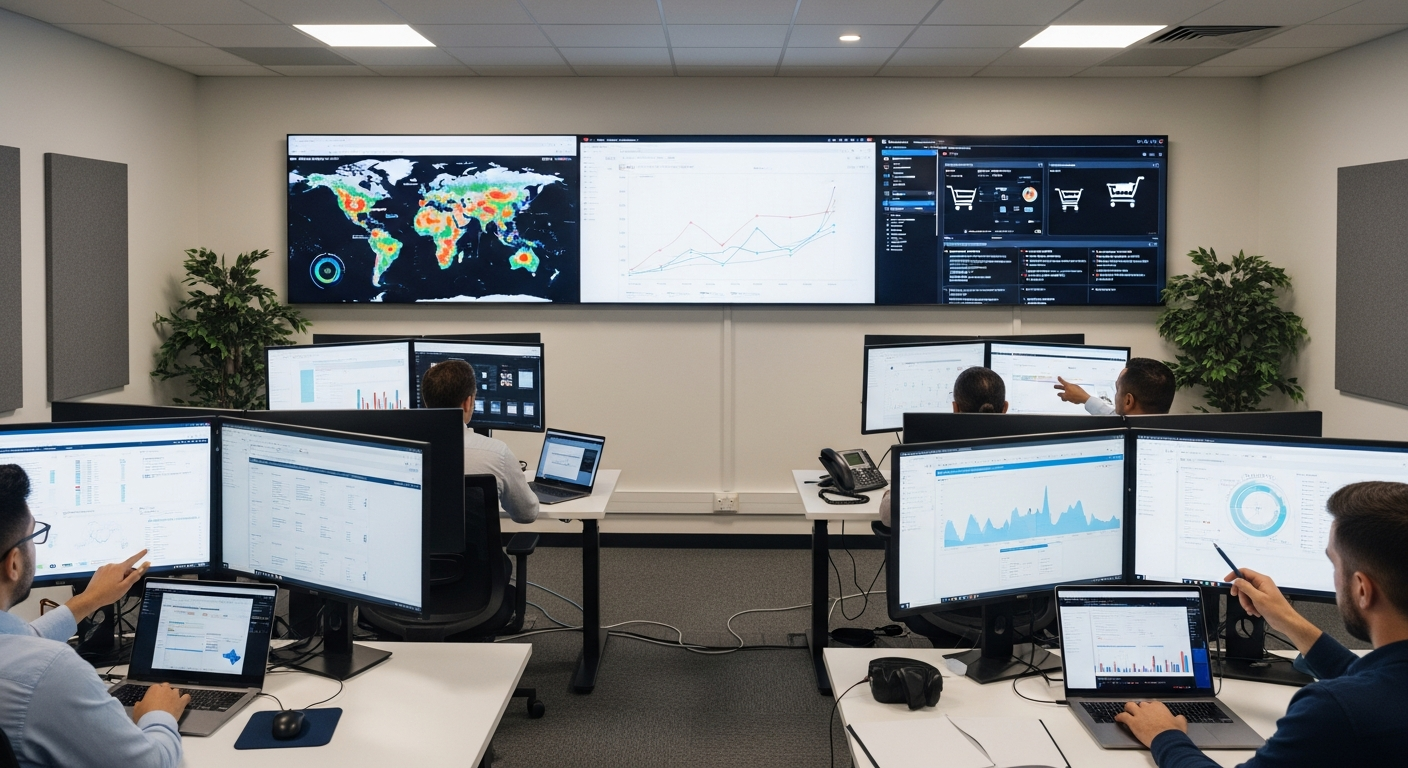Managing Anxiety: A Comprehensive Approach in the Modern World
Anxiety is a common psychological condition that affects millions of people worldwide. It is characterized by a constant state of worry, fear, and unease that can interfere with daily activities. In the modern world, with its fast pace and constant demands, anxiety seems to be a growing problem. However, understanding the history, current trends, and impact of anxiety can offer unique insights into managing this condition and improving overall wellbeing.

A Historical Perspective on Anxiety
Historically, anxiety has been viewed through many lenses, from a spiritual affliction to a medical condition. In the ancient world, anxiety was often linked to religious or supernatural beliefs. In the Middle Ages, anxiety was seen as a manifestation of the devil’s influence. The Enlightenment period saw a shift towards a more scientific understanding, with doctors prescribing various treatments like diet changes and bloodletting.
In the 19th and early 20th centuries, anxiety was often classified under ‘neurasthenia,’ a condition characterized by general nervous exhaustion. This changed with Sigmund Freud’s work, as he conceptualized anxiety as a psychological condition, setting the stage for modern understandings of anxiety.
Understanding Anxiety in Contemporary Society
Today, anxiety is recognized as a complex mental health condition influenced by a combination of factors, including genetics, brain chemistry, personality, and life events. It is classified into several types, including generalized anxiety disorder (GAD), panic disorder, social anxiety disorder, and specific phobias.
Anxiety is now the most common mental health condition, affecting one in five adults in the United States. The World Health Organization (WHO) reports that anxiety disorders globally affect over 264 million people. There is a rising trend of anxiety, particularly among younger generations, possibly due to factors such as increasing academic pressure, social media use, and global issues such as climate change and political unrest.
The Impact of Anxiety on Individuals and Society
Anxiety can severely impact an individual’s quality of life. It can cause physical symptoms like headaches, fatigue, and sleep disturbances. Psychologically, it can lead to poor concentration, irritability, and feelings of dread. These symptoms can interfere with work, school, and social relationships, leading to a significant societal burden.
The economic impact of anxiety is also substantial. According to the Anxiety and Depression Association of America (ADAA), anxiety disorders cost the U.S. more than $42 billion a year, almost one third of the country’s total mental health bill.
Approaches to Managing Anxiety
There is no one-size-fits-all approach to managing anxiety. Traditional treatments include cognitive-behavioral therapy (CBT), which helps individuals challenge and change their thought patterns, and medication such as selective serotonin reuptake inhibitors (SSRIs).
However, in recent years, there has been a growing interest in holistic and alternative approaches. These include mindfulness and meditation, yoga, exercise, and dietary changes. There is also increasing research into the role of gut health in anxiety, with some studies suggesting that probiotics and a healthy diet could help manage symptoms.
An area often overlooked in anxiety management is the role of social connection and support. Social isolation can exacerbate anxiety symptoms, while strong social networks can provide emotional support and a sense of belonging.
Embracing Anxiety as a Part of the Human Condition
While anxiety can be debilitating, it is also a normal part of the human condition. It has evolutionary roots, serving as a survival mechanism to alert us to potential dangers. In a world that often promotes the idea of constant happiness, it’s important to recognize that it’s normal and okay to experience anxiety.
Moreover, anxiety can sometimes serve as a signal for us to make changes in our lives. It can push us to seek help, improve our lifestyle, or address underlying issues. Our task is not to eliminate anxiety completely, but to learn how to manage it effectively and reduce its impact on our wellbeing.
In conclusion, understanding the historical context, current trends, and impact of anxiety can provide unique insights into managing this common condition. With a combination of traditional treatments and holistic approaches, individuals can learn to navigate their anxiety and improve their overall wellbeing in the process.






